On March 26, 27 undergraduate students at Vanderbilt University occupied an administrative building for several hours. The protesters shoved a police officer, cracked a window and yelled well into the night until arrests were made. They contended that Vanderbilt had no right to cancel the vote that would allow students to decide if the student government should divest from companies supporting Israel. Divestment, they held, would raise awareness and reduce funds that support alleged injustices committed by the Israeli government against Palestinians.
In the heat of a controversial issue, it can be difficult to discern what is right or wrong. Now that campus protests have been temporarily halted, and we have lots of perspectives, it is an excellent time to revisit the issue of civility fairly before any protests re-emerge.
The situation in Gaza is morally abhorrent. Israel’s response in Gaza to the Oct. 7, 2023, attack has resulted in over 40,000 deaths, including over 13,000 children. The continuing escalation of violence in the region is unjustified. This makes ending the killing a moral imperative.
How should students conduct themselves when pressing for morally urgent change? A common answer from university leaders is that student protests must remain civil. At Vanderbilt, the protesting students vandalized property, disrupted administrative proceedings and shouted down officers and administrators who tried to speak with them. These methods are arguably uncivil. According to the university leadership, disallowing the protests and punishing some of the protesters for “blatant violations” is therefore justified.
But why should the norms of civility override the moral cause of ending mass killing? When the moral stakes are high, shouldn’t we forget about niceties of polite discourse and simply demand justice?
Our answer is no. In our view, citizens of a democracy must remain civil even when calling out egregious injustice.
As we understand it, civility is not about politeness and agreement. Civility, instead, is a matter of acknowledging the social equality of our fellow citizens. Civility requires that you not hinder someone from expressing their views and that you make a sincere effort to understand them.
This means, as has happened at other universities, outdoor encampments are allowed, while disruptions to ordinary school operations and efforts to block students from attending classes are not. The latter treat those who choose not to engage in the protest as pawns, useful objects in applying pressure to the administration.
One might say that upholding civility is important only when there is a debate worth having. Protesters usually hold that the attack on Gaza is obviously immoral and any other take is invalid. Since no further discussion is needed, we simply must do everything we can to stop the killing as quickly as possible — especially since a child is killed or wounded “every 10 minutes” in Gaza. They hold that talking with those who see the killings as justified is then a distraction from the pursuit of justice.
Many protesters also argue that civility is an obstacle to justice. It is because those who establish the status quo — the powerful — in our society don’t represent certain moral views and identities. If civility is about preserving social norms to allow two people to communicate, then civility re-enforces the status quo. In order to bring to light an unpopular or underrepresented view, civility, the protesters believe, must be trumped.
On its face, these two reasons are compelling. However, they do not withstand scrutiny.
We agree that ending the killing of innocent Palestinians is morally imperative. Yet there are many debates that are still worth having. For example, one might question the objective of divestment. Divestment means you are selling your investments to someone else. A university is then merely changing the hands of who funds the supposed injustice. It is then not clear what the overall moral advance would be.
Beyond calls for divestiture, there are worthwhile disagreements within the pro-Palestinian movement about how best to put an end to the killing in Gaza. Should we boycott universities? Protest government agencies? Call for an immediate ceasefire? Is a two-state solution necessary? How do we prevent another Hamas attack? Because there are legitimate questions — even among the protesters — more conversations are required. As a result, we need more civility, not less. The moral imperative of saving lives in the Middle East is simply one part of the moral picture. How we end the suffering in Gaza remains worth discussing. It is then a mistake to claim that civility can be abandoned for the sake of ending the crimes committed in Gaza.
The student protesters act with an urgency that appears as though they believe they are stopping murder. To be clear, civility can be overridden when trying to prevent direct harm to someone. You do not need to achieve mutual understanding with a person holding a gun to another’s head. But these protesters are preventing harm indirectly, by trying to change university practices that they believe aid murderers in another region of the world.
The protesters’ belief that civility always supports the popular moral view is a misunderstanding of how we think about civility. Again, civil disagreement does not require calm tones and a concessive demeanor — we encourage challenging many commonly held beliefs. That is how we advance morally. Civility, however, does compel us to allow our opponents to express their ideas and for us to try to understand them, even when they’re wrong. This means that we will disagree about important political issues, and that is the essence of a democracy.
At the end of the last semester, the Vanderbilt Divest Coalition issued a statement saying that their actions were “only the beginning” and that they will return this year “stronger.” We can assume a similar sentiment exists for protesters at other universities. If by stronger, they mean preventing more students from attending classes and occupying more administrative buildings, we condemn them.
But, if by stronger the protesters mean more encampments, debates, donations and protests at government buildings, we applaud them. The unjust mass killings must stop immediately. But how we do it — that we must discuss. When we disregard civility, even for morally justified causes, the quality of our ideas and our treatment of others degrades. We become ignorant when we ought to be curious.



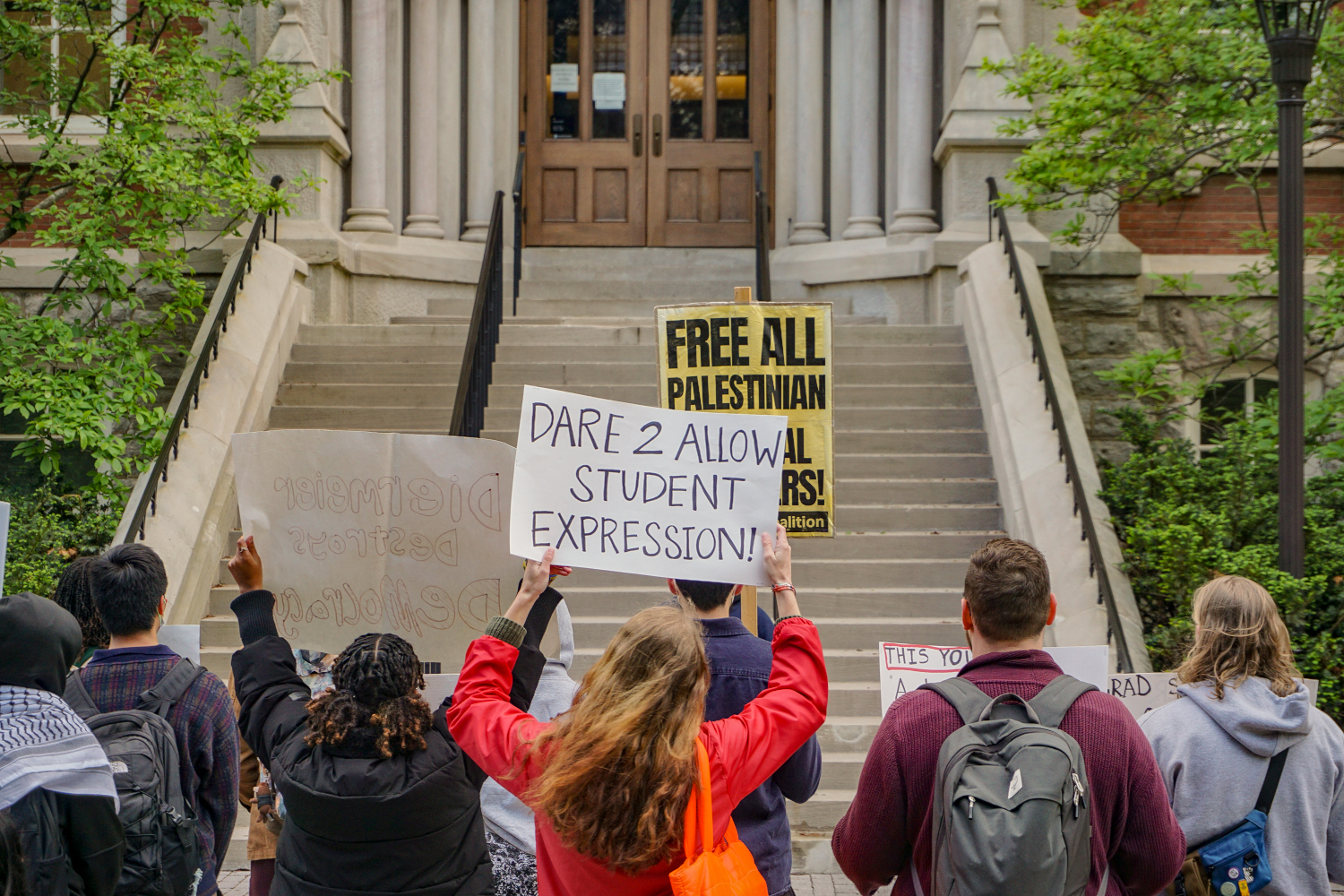
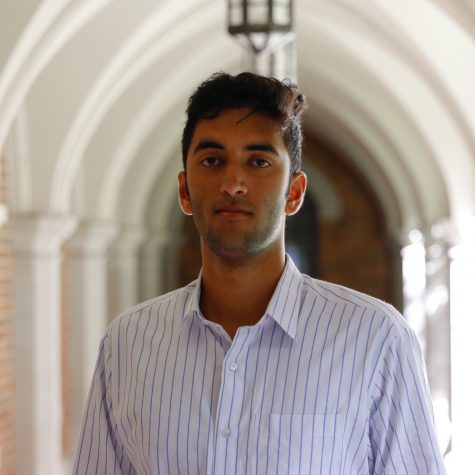
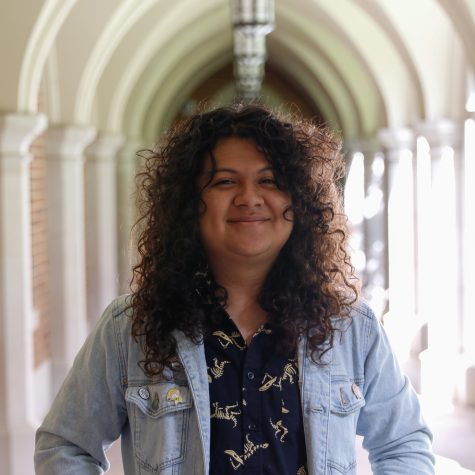


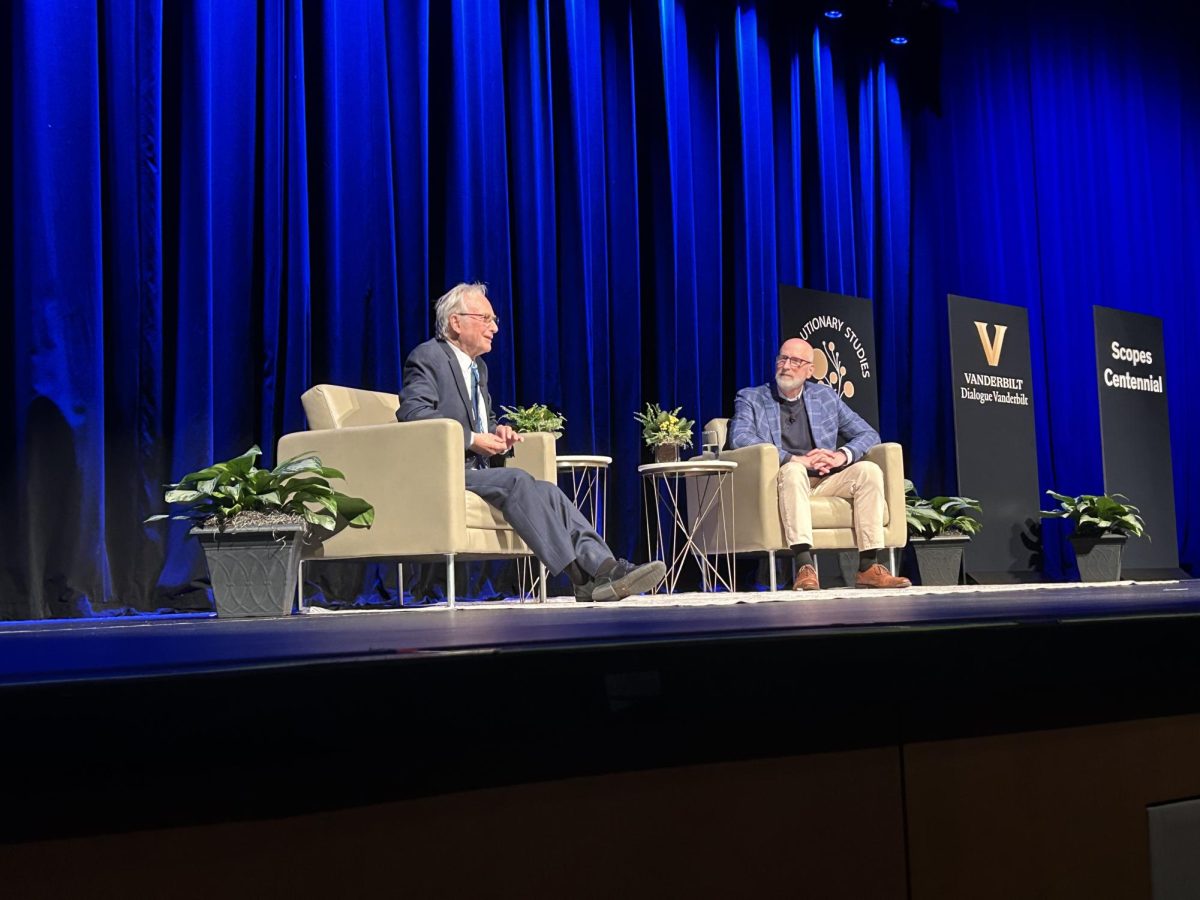
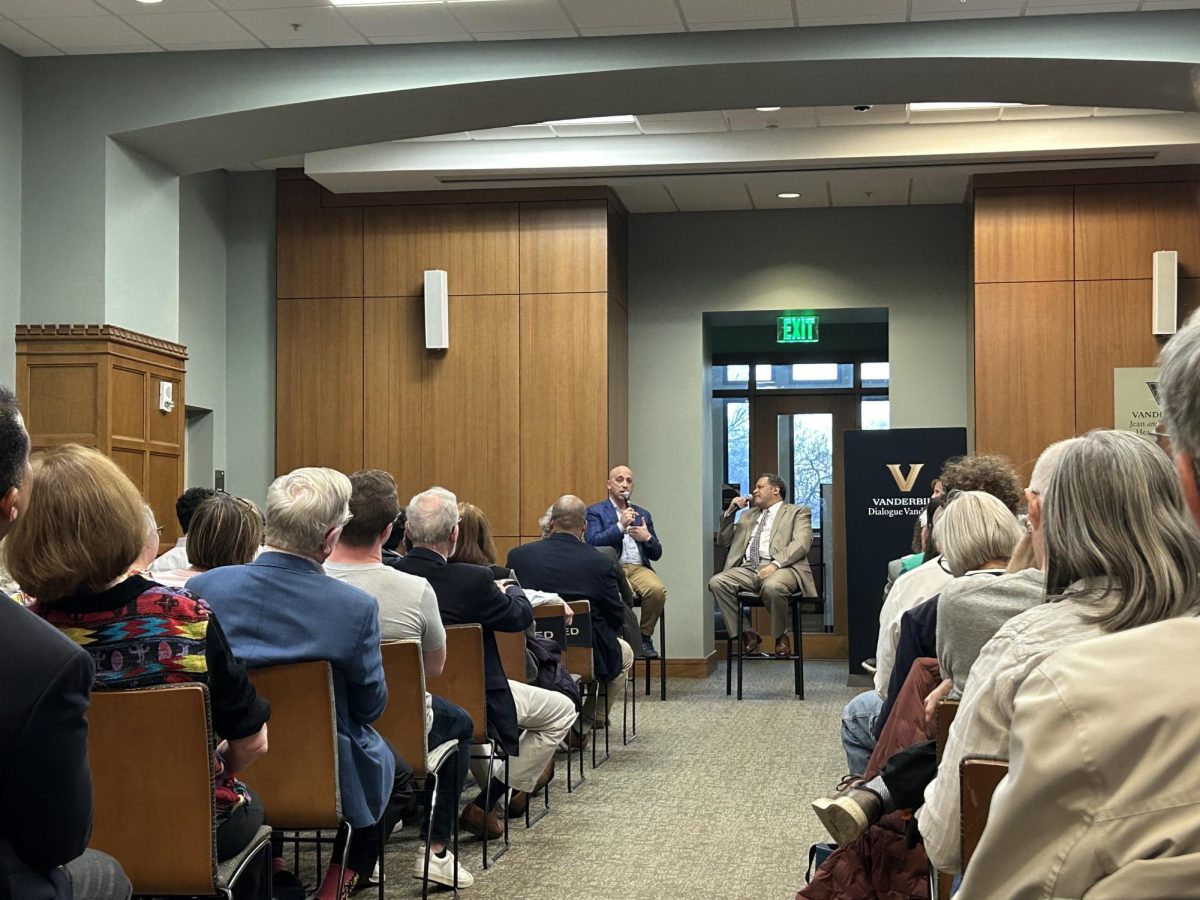
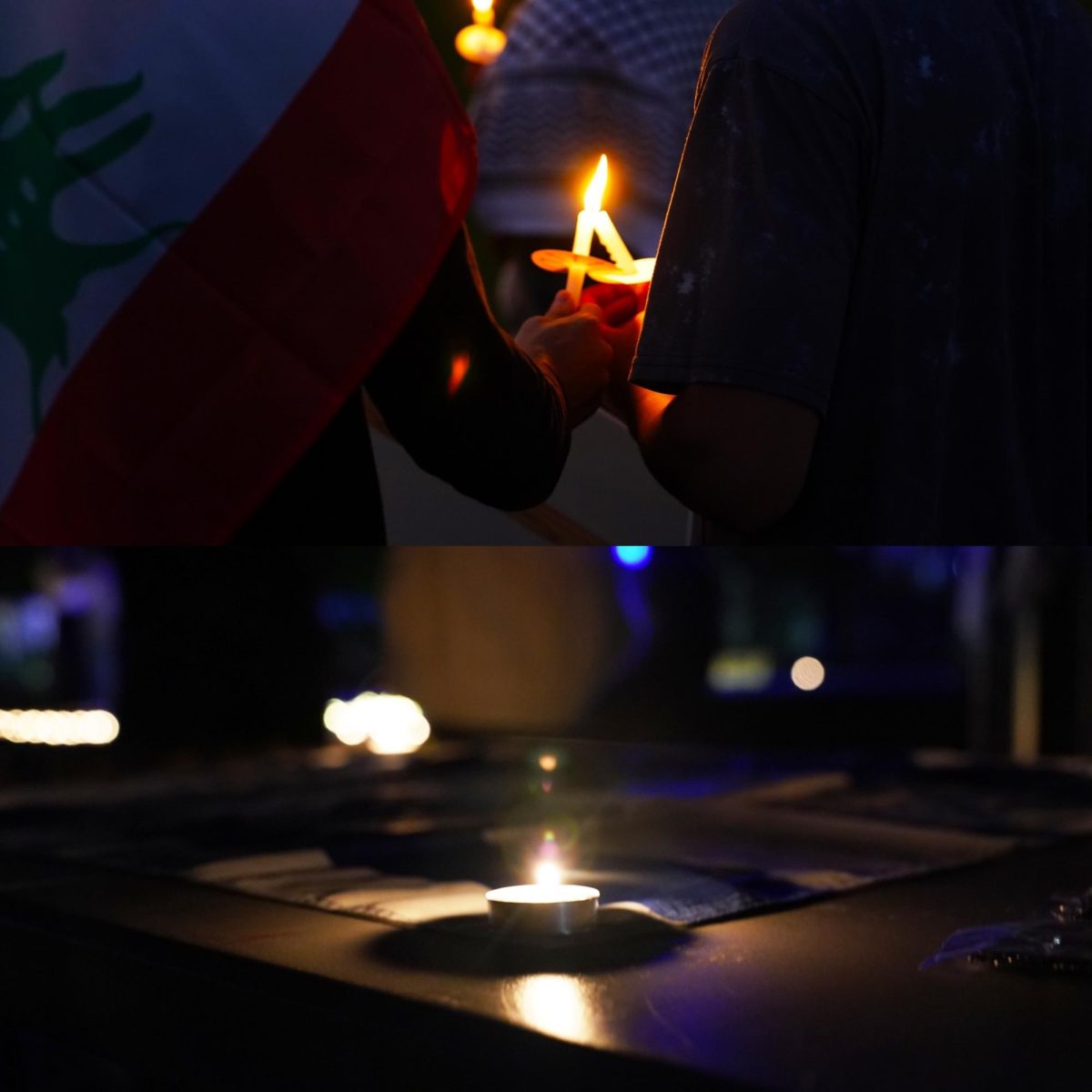
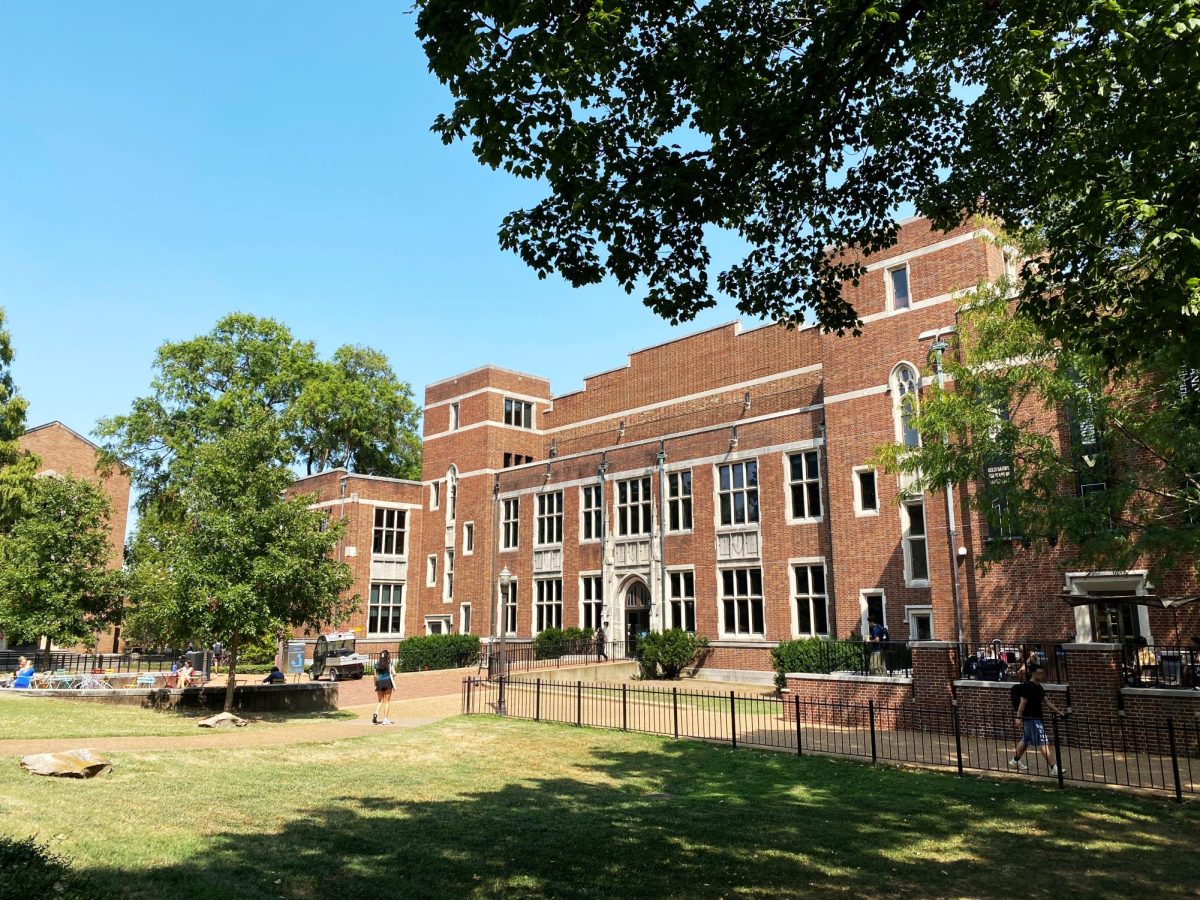
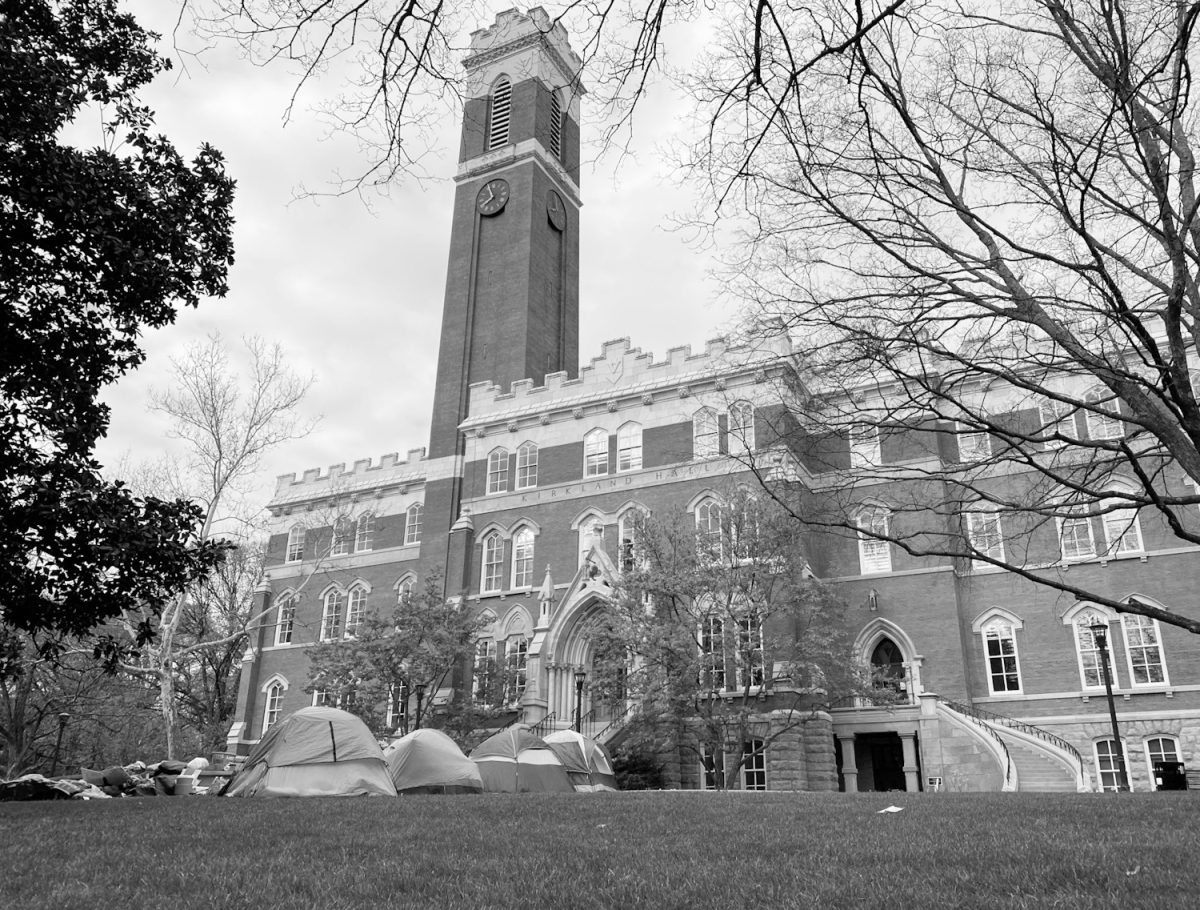
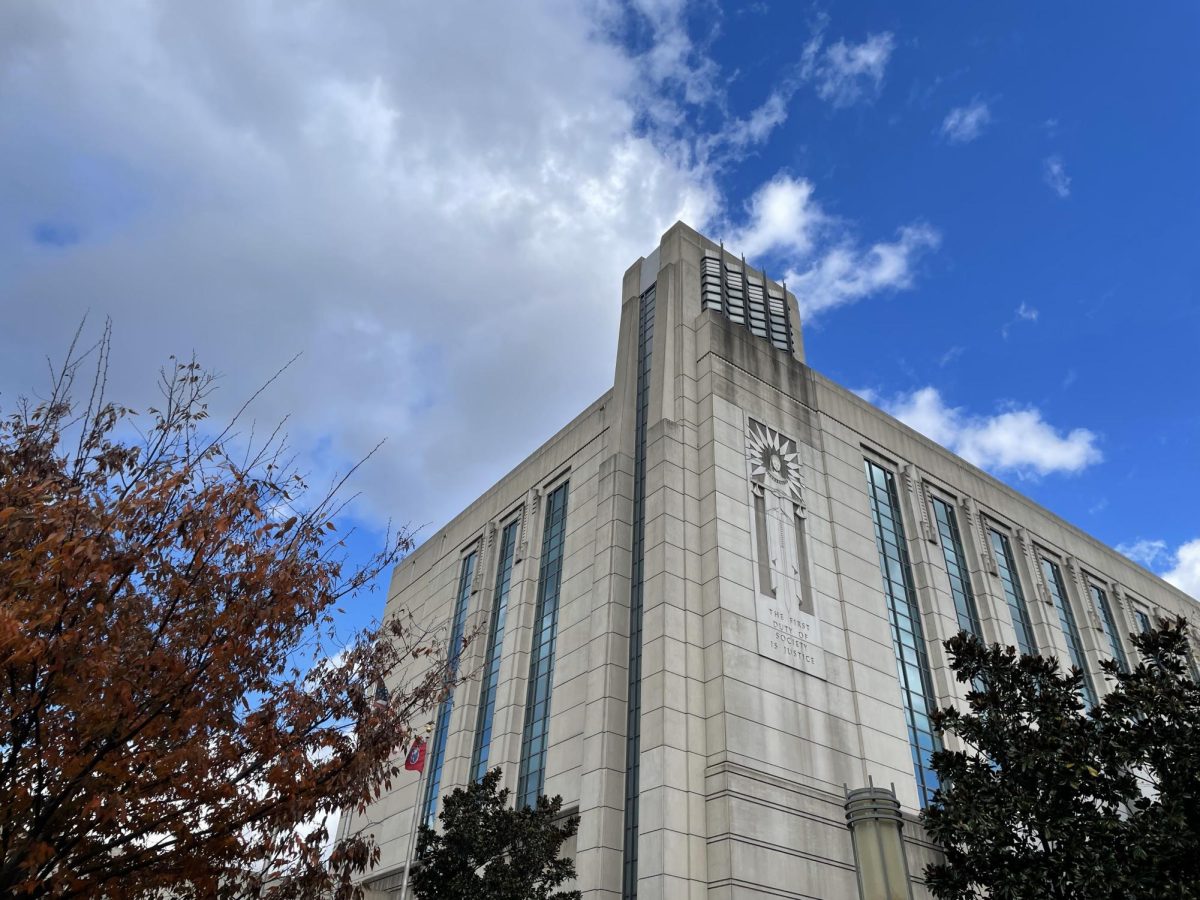
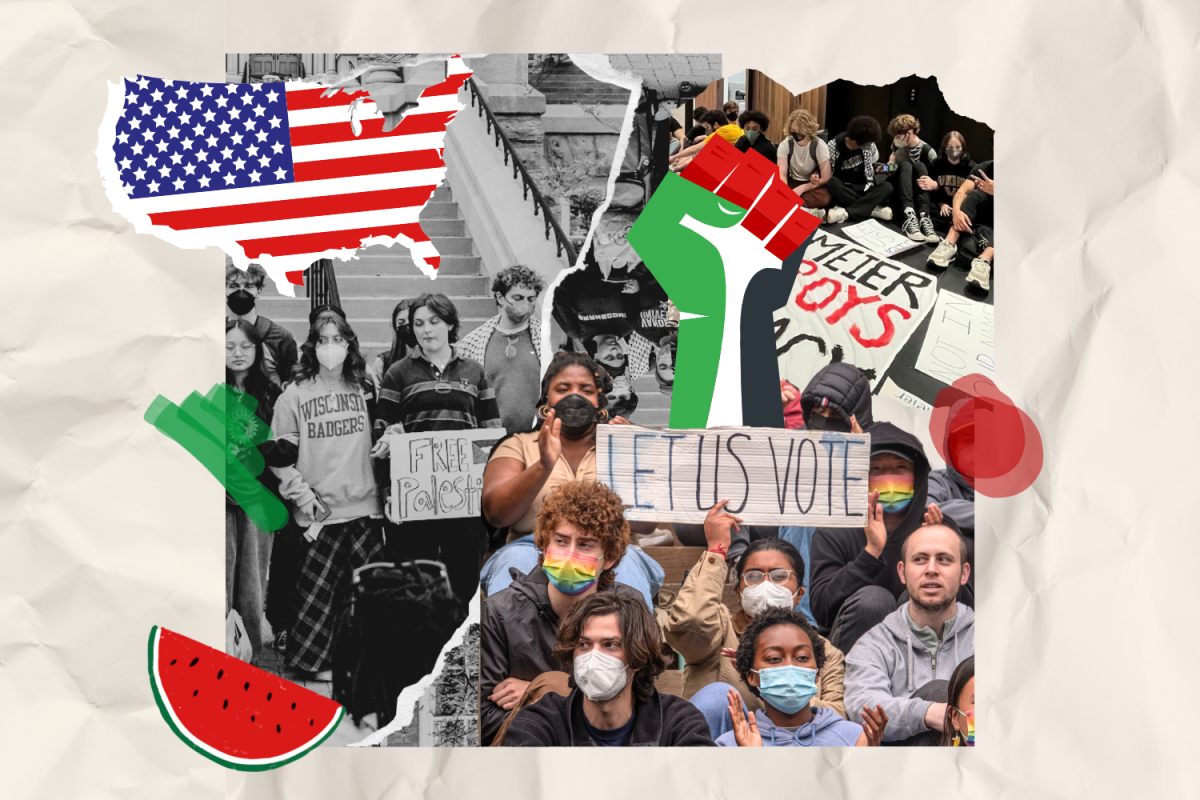
Every Time • Nov 10, 2024 at 2:43 am CST
…I have been gravely disappointed with the white moderate. I have almost reached the regrettable conclusion that the Negro’s great stumbling block in his stride toward freedom is not the White Citizen’s Counciler or the Ku Klux Klanner, but the white moderate, who is more devoted to “order” than to justice; who prefers a negative peace which is the absence of tension to a positive peace which is the presence of justice; who constantly says: “I agree with you in the goal you seek, but I cannot agree with your methods of direct action”; who paternalistically believes he can set the timetable for another man’s freedom; who lives by a mythical concept of time and who constantly advises the Negro to wait for a “more convenient season.”
Martin Luther King Jr., Letter From Birmingham Jail
Aron • Nov 8, 2024 at 12:54 pm CST
What an ahistoric and unscientific approach. How do you deal with an uncivil, settler rogue, genocidal apartheid state? With debate overseas of course! In the heart of Israel’s sine qua non. Thanks for sharing your thoughts.
Jack • Nov 3, 2024 at 5:36 pm CST
Seems like a very myopic essay in my humble opinion. The average pro-Israel supporter will casually say the most racist things you’ve ever heard and bend over backwards to celebrate mass slaughter. It’s telling that civility is never asked of the pro mass murder crowd. It’s only asked of the people trying to stop the genocide. The argument fails spectacularly because it never addresses the substantial, profound epistemic injustice. I know Miranda Fricker is not a foreign name to the authors.
John E Ingle • Oct 28, 2024 at 3:31 pm CDT
Interesting essay. I think you are right about civility. But I think you also are inserting a lot of your own views on the substance of the dispute on campus into a piece that purports to be about the appropriatness of limits on protest. It thus comes across as annoyingly condescending. I’d also like to know, for example, who your “we” is at the end of the essay? As in these sentences:
“If by stronger, they mean preventing more students from attending classes and occupying more administrative buildings, we condemn them. But, if by stronger the protesters mean more encampments, debates, donations and protests at government buildings, we applaud them.”
John E. Ingle
A&S 1957